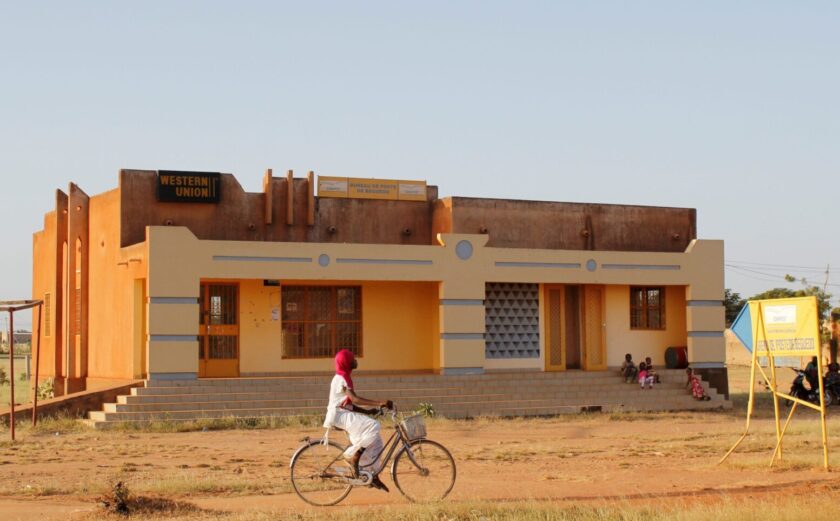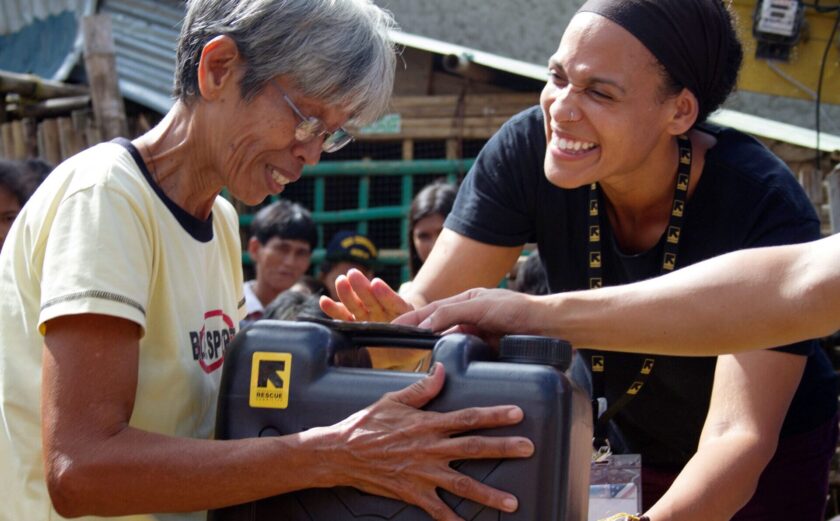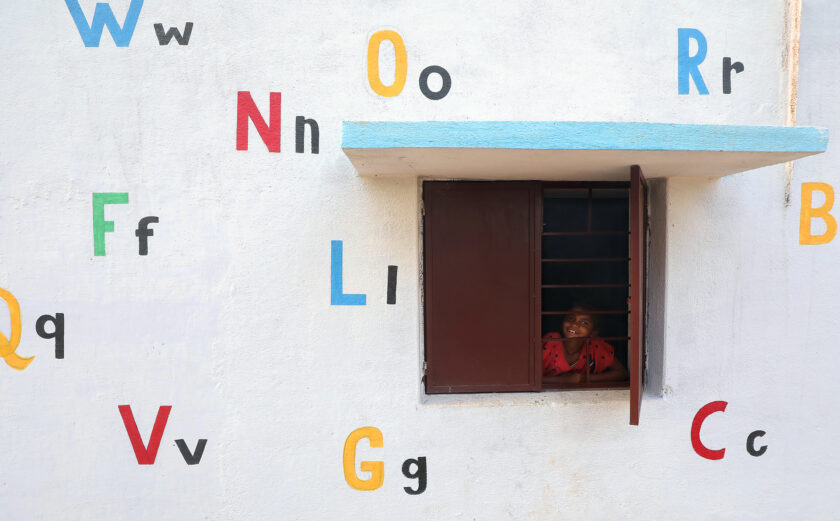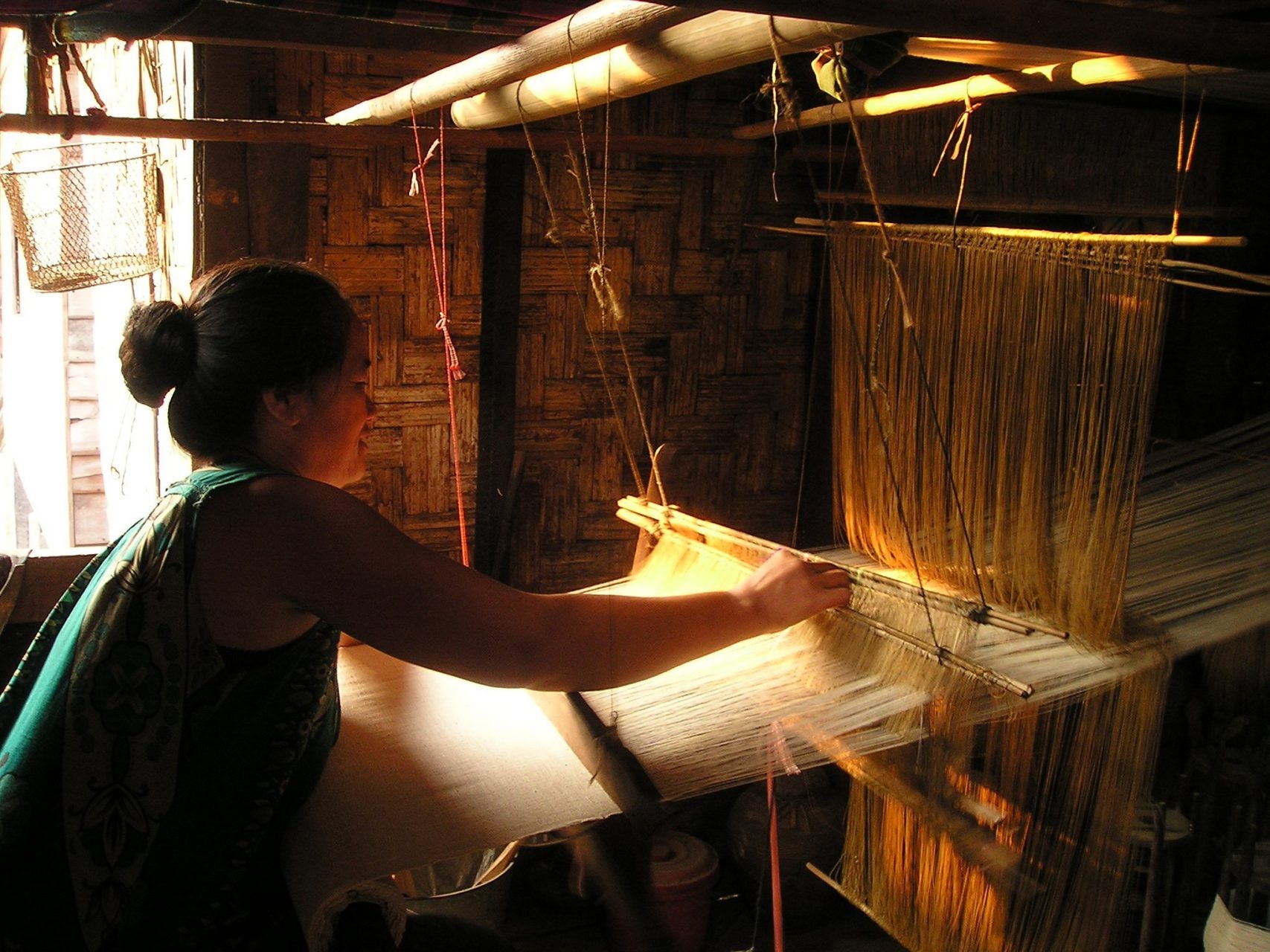
Using Storytelling for Activism in Laos
The day we discover our first story is the day we realize we can be transported to a different world.
Stories allow people to connect with others through emotions—pain, joy, heartache, and love. Stories make people feel less alone. Stories enable people to teach others about culture, morals, and the realities of life.
Most importantly, stories evoke emotion that can lead to change.
Activists around the globe are working every day to make the world a better place. But they can’t work alone—they need to rally the masses to support their cause. While data gives people the scientific proof that change must happen, numbers do not evoke emotion. Ultimately, emotion is what drives people to create change.
Throughout my career, I have trained hundreds of activists around the world on the power of storytelling. I have taken my English degree—the degree people told me I would do nothing with—and used it to teach people who live in closed or closing spaces how to tell their story effectively.
I have had the honor of working with activists from places like Syria, China, and Bosnia. Different countries with different missions, but the same goal: to spread their message and create change.
This week, I am traveling to Laos to train 15 young activists on the power of storytelling. Over the course of five days, these activists will learn innovative ways to tell the story of marginalized populations in Laos.
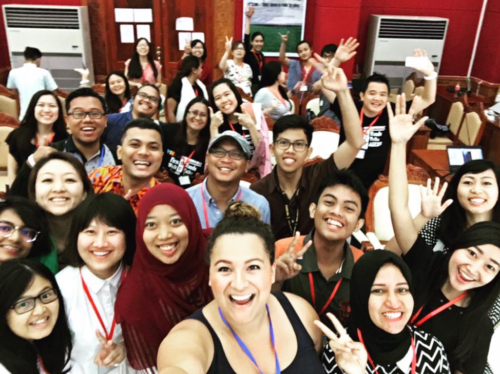
Unlike many workshops, we will not be just sitting in a classroom. We will be taking two excursions to small villages where many marginalized populations reside. Youth participants will be interviewing and taking photos of the people they meet and telling the stories that far too often go untold.
The training is packed with practical and technical skills but also filled with emotion.
Because, in the end, emotion is what brings a story to life.
I will be blogging about this workshop throughout my trip on InterAction.org and will provide live updates on Twitter @MorganLMartinez. Follow me. Follow this story. I hope it lets you travel somewhere new and gives you ideas on how you can use storytelling training in your programming.
Note: Thank you to InterAction Member, the International Republican Institute, for asking me to volunteer train their participants in Laos.



